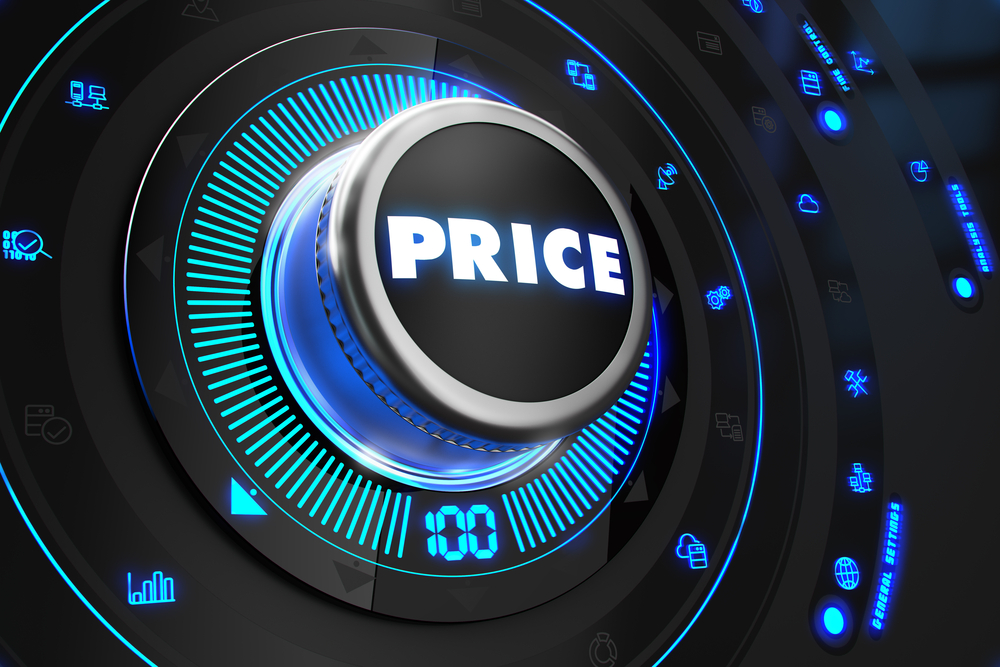Now that you have decided to implement a Customer Data Platform (CDP) in your company, it becomes necessary to choose the right CDP vendor. The vendor that you select should suit or match up to your current and future business needs and objectives. Putting your money in a SaaS-based product such as a CDP is a long-term investment that will reap huge if implemented correctly.
As there are many players in the CDP market, you need to properly evaluate each vendor. To assist you in this whole evaluation process, here is a brief guide to help select which CDP vendor would be good for your business:
1. Everything starts with data

An ideal CDP is able to quickly import and ingest data from various sources. As a marketer, you need to check if the data can be imported in real-time and on a recurring basis. As more and more data is added to the CDP, there are high chances for the data to get tangled and messy. Check with the vendor if they have an in-built feature to cleanse and clean the imported data.
2. Identity resolution

Identity resolution is a critical aspect to judge when you evaluate a CDP vendor. How good is the CDP when it comes to resolving data against their respective owners? There will be numerous datasets that are imported to a CDP from disparate systems and sources. A CDP should be able to match and tie up identities from various datasets with the right user profile so that a unified customer view can be created.
3. Is the CDP scalable?

If your website is generating high traffic, will the CDP be able to seamlessly import and export data? Can it auto-scale itself with regard to the data type, storage, etc? Is the CDP capable of ingesting large amounts of data? Can it integrate with multiple systems? The answers to these questions will give you an idea of the concerned CDP’s performance and scalability.
4. Does the CDP have any AI capabilities?

AI (Artificial Intelligence) is an added capability that you can use with the CDP to do multiple things such as real-time predictive segmentation and digital channel orchestration. Real-time predictive segmentation is all about segmenting your users according to certain traits such as buying propensity, click propensity, etc. Digital channel orchestration is all about orchestrating unique hyper-personalized campaigns to millions of customers at scale. Therefore, choosing a vendor that uses AI with the CDP would be more optimum and productive for your business.
5. How safe is your data?

Using a CDP means you will be using your customer’s data. How secure is this data? Does the CDP vendor ensure maximum data security and privacy with respect to all global guidelines such as GDPR? Almost all CDP vendors allow integrations with multiple third-party agencies. It’s critical for you to check the kind of permissions that are given to this vendor to handle the data. Always go for vendors who make their data anonymous when they share it with other agencies.
6. The pricing factor

Pricing is perhaps the most important aspect of evaluating a CDP vendor. You might have a certain budget in mind and would opt for a vendor who could provide maximum value for your investment. Do a proper cost-benefit analysis to see which vendor’s CDP product is most befitting and then choose them accordingly.
Conclusion
A CDP can do wonders for your business in terms of improving customer engagement and increasing digital conversions. While shortlisting your CDP vendors, it’s always recommended to request a proof of concept (POC). Most vendors agree to a free POC from 1 to 3 months. This gives you enough time to test various capabilities of the product and then make your decision about choosing the right vendor for your company.
By Bijoy K.B | Senior Associate Marketing at Lemnisk

Leave a Reply